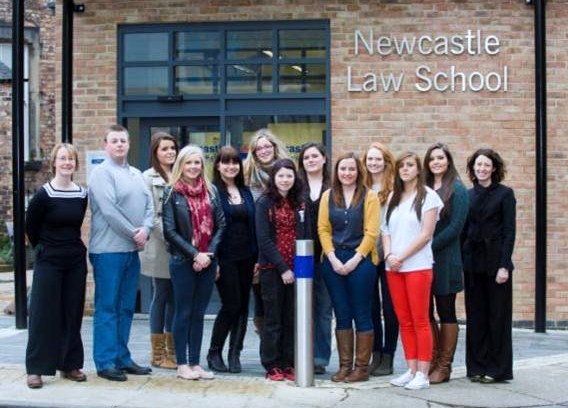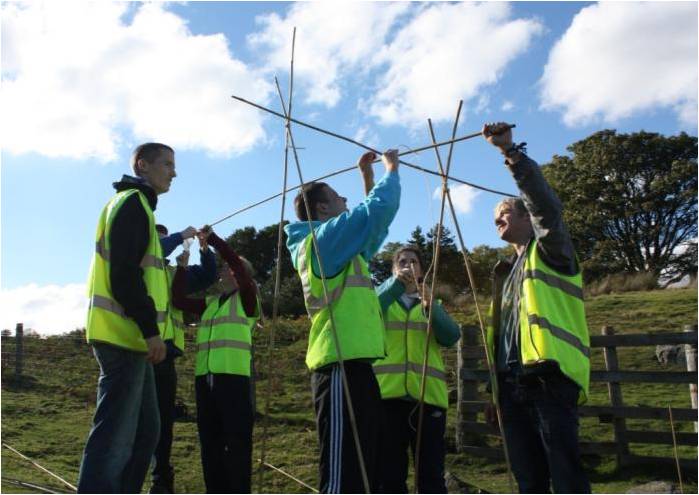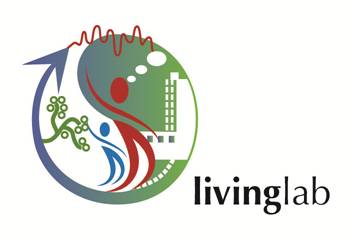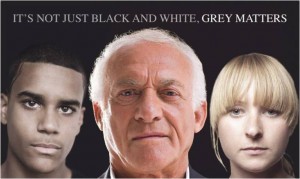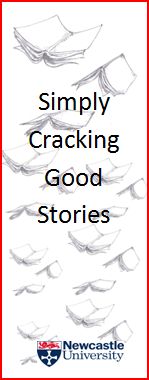 Martha Young-Scholten and Margaret Wilkinson (School of English Literature, Language and Linguistics) lead the Simply Cracking Good Stories project.
Martha Young-Scholten and Margaret Wilkinson (School of English Literature, Language and Linguistics) lead the Simply Cracking Good Stories project.
In the undergraduate module Low-educated Second Language and Literacy Acquisition’ students write fiction books for adult immigrants and make these available to local ESOL students. This addresses the Societal Challenge Theme of Social Renewal.
Martha and Margaret’s flier and PowerPoint slides have more information about the project.
Students’ (cracking) finished books are available on their Blurb store.




